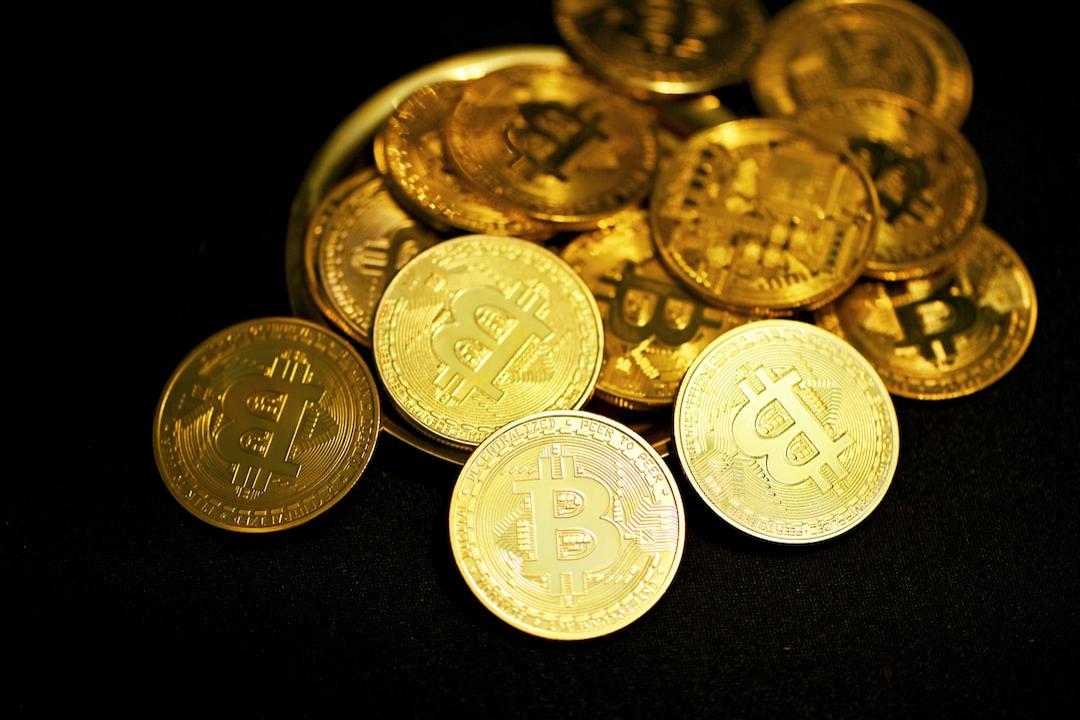Comparing Hong Kong’s Spot Bitcoin ETFs to U.S. Counterparts
Recently, China Asset Management, Bosera Capital, and other companies revealed on social media that they have secured conditional approval to launch spot Bitcoin (BTC) and Ethereum (ETH) exchange-traded funds (ETFs) in Hong Kong. However, the Securities and Futures Commission (SFC) has not yet confirmed the list of approved issuers.
This announcement closely follows the approval of spot BTC ETFs in the U.S. earlier this year. In contrast to the U.S., where applications for spot Ethereum ETFs are pending with the Securities and Exchange Commission (SEC), delays have already emerged, suggesting potential obstacles.
Notable players like Harvest Global Investments and Bosera Asset Management (International) Co. have received approval from Hong Kong’s SFC, along with newcomers like ChinaAMC. ChinaAMC has also disclosed plans to offer “virtual asset management services,” with OSL Digital Securities serving as the custodian. While these ETFs are expected to launch soon, specific dates have not been announced.
This impending launch is anticipated to have a significant impact on the crypto market, particularly in Asia. Hong Kong is positioned to become one of the first regions to host an Ether ETF, a move not yet seen in the U.S. Despite the prohibition on crypto trading in mainland China, these ETFs could spark a surge in demand from Chinese investors, potentially reaching $25 billion.
Hong Kong’s efforts to establish itself as a regulated crypto hub, akin to Dubai and Singapore, could attract substantial investment flows, surpassing expectations. In the U.S., the introduction of spot BTC ETFs in January 2024 triggered a market rally, with Bitcoin prices skyrocketing above $73,000 in March before stabilizing around $63,000 levels as of Apr. 16, amid market uncertainty due to geopolitical tensions.
The comparison between Hong Kong and U.S. spot BTC ETFs reveals contrasting rules and market sizes. Hong Kong permits ETF shares to be bought and redeemed with Bitcoin, while the U.S. restricts transactions to cash. The U.S. capital market value of $51 trillion dwarfs Hong Kong’s $4.1 trillion market size, impacting capital availability and investor base.
The U.S. boasts a well-established ETF market, including Bitcoin ETFs with approximately $60 billion in assets under management. Despite Hong Kong’s innovative approach in allowing in-kind subscriptions and redemptions for crypto ETFs, its smaller market size limits its competitive edge against the U.S.
While Hong Kong-based ETFs have the potential to attract funds and carve out a niche, scaling up to match U.S. counterparts presents significant challenges. The approval of Bitcoin and Ethereum spot ETFs in Hong Kong could potentially influence Bitcoin’s price, especially with the upcoming halving event. Institutional interest in regulated investment options may drive fresh capital into the crypto market, boosting demand for Bitcoin. Renowned analysts predict multiple factors impacting Bitcoin’s price, including geopolitical tensions and ETF approvals in Hong Kong. However, tempering expectations, some analysts believe that the success of new ETFs in Hong Kong may be limited due to the market’s size and restrictions on local investors.

